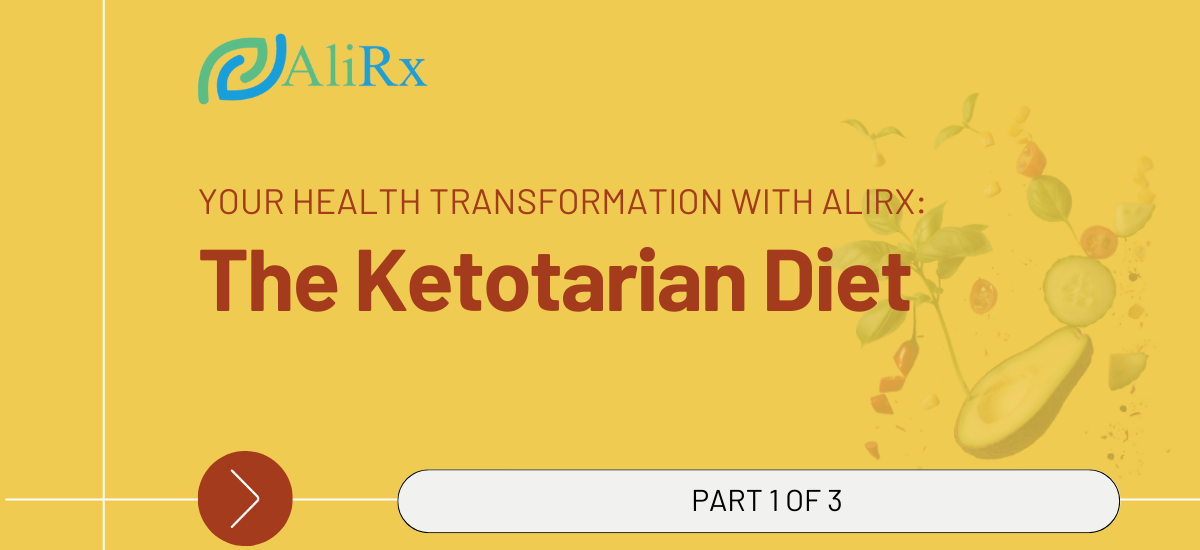“Let food be thy medicine and medicine be thy food.”
Hippocrates
The Ketotarian diet is a variation of the popular ketogenic diet that combines the principles of a plant-based diet with those of the keto diet. It is essentially a low-carbohydrate, high-fat, and moderate-protein diet that emphasizes plant-based sources of fat and protein, such as nuts, seeds, avocados, coconut, and non-starchy vegetables, while limiting or eliminating animal products and dairy.
The Ketotarian diet is designed to help individuals achieve a state of ketosis, in which the body burns fat for fuel instead of glucose. This is achieved by reducing carbohydrate intake to very low levels and increasing fat intake to provide the body with the necessary fuel for energy.
Health benefits of Ketotarian diet
The benefits of the Ketotarian diet include weight loss, improved blood sugar control, improved cholesterol levels, and improved mental clarity and focus. For instance, this diet balances hormones which play a role in determining hunger and fullness levels. What this means is less hunger during ketosis. It maintains your metabolic rate which is responsible for the calories you burn at rest and helps preserve your lean muscle mass. Lastly, because a ketotarian menu is fiber-rich, it can help improve weight control.
Other benefits of this diet are due to it being highly anti-inflammatory, which helps avoids inflammatory conditions, such as type 2 diabetes and heart diseases. As such, the Ketotarian diet can help promote gut health.
This nutrient-dense diet includes fish, which has healthy, anti-inflammatory omega-3 fats, and numerous vegetables (more variations of colors are better!) so that you have diet packed with oxidants and nutrients that your body needs.
All these said, however, as with any dietary approach, it’s important to consult with a healthcare provider or a registered dietitian before starting the Ketotarian diet to ensure that it is appropriate for your individual needs and health status.





